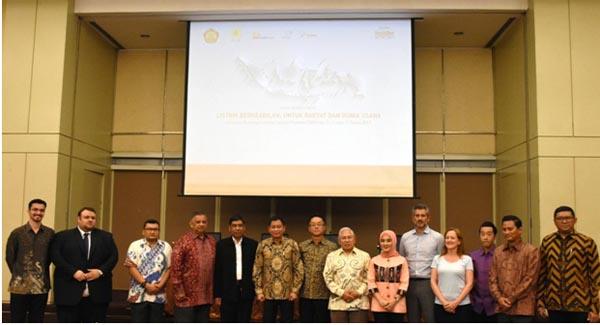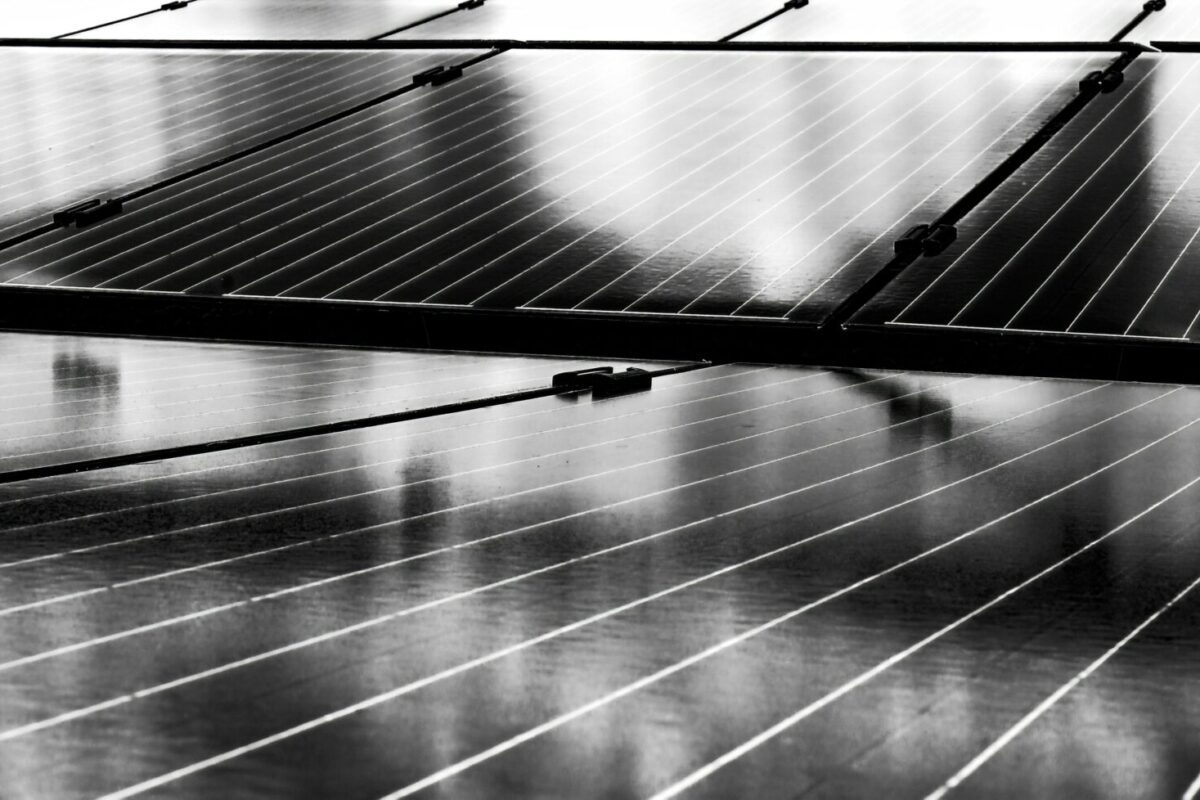PT Infrastruktur Terbarukan Lestari is set to build the biggest of the projects, after signing a heads of agreement for the development of 15 MW in Minahasa, North Sulawesi province, according to a statement from the Ministry of Energy and Mineral Resources (ESDM).
PT Quantum Energy — an independent power producer that first signed a memorandum of understanding (MoU) with PLN in late 2015 to build up to 100 MW of utility-scale PV in Indonesia — has signed a heads of agreement to install 10 MW in Gorontalo province, also on the island of Sulawesi.
Meanwhile, PT Infrastruktur Terbarukan Adhiguna, PT Infrastruktur Terbarukan Cemerlang, PT Infrastruktur Terbarukan Buana and PT Delapan Menit Energi have all expressed interest in developing 5 MW projects on the island of Lombok, in West Nusa Tenggara province.
PLN has not published the tariff for the projects, and it is not yet clear whether these projects will be built with the old FITs or with the new reduced FITs, since the law changed recently. The ESDM did not say when the developers would launch feasibility studies for the six projects.
PLN also recently signed MoUs for the development of hybrid solar, wind and hydropower projects with the Indonesian unit of China's UPC Renewables on Sulawesi and the Maluku Islands. The Jakarta-based utility also signed deals with several other developers to build a number of PV+diesel hybrid plants on the islands of Sumatra and Java, but the ESDM did not disclose additional details.
PLN has been unwilling to connect new PV projects online, and it is unclear in the new law if it can induce PV investment. Therefore, many investors have instead turned to offgrid projects, which often favors Indonesia's geography. Again, most of these PV projects are MoUs and Indonesia's government will need to find ways to facilitate their development.
In late January, the ESDM announced new regulations to back the development of renewable energy, replacing the original feed-in tariff (FIT) system that was introduced in 2009.
PLN is now expected to launch tenders for solar and wind projects, based on its capacity quotas. Purchase-price ceilings have been set for PV-generated electricity, to be determined according to the utility’s cost of generation, which varies by geographic location.
In July 2016, Indonesian government set a 250 MW solar build-out quota, as the first step toward eventually developing 5 GW of capacity. However, the feasibility of the target has been thrown into doubt in recent months by government in-fighting and confusing policy signals.
Despite this, numerous developers — frustrated by the government’s lack of clarity on solar — have directly negotiated power purchase agreements with PLN, outside of any government support scheme.
Most recently, France’s Engie announced plans to invest up to $1 billion in 500 MW of PV and biomass capacity with PT Sugar Group over the next five years. Engie also agreed to invest up to $240 million in PV-powered microgrid projects in Papua with microgrid developer Electric Vine Industries, in addition to plans to invest $15 million in the development of solar projects in East Nusa Tenggara province with PT Arya Watala Capital.
Jakarta has said that it wants renewables to account for 23% of Indonesia’s energy mix by 2025, with the ESDM estimating last year that solar could account for 6.4 GW of total renewables build-out over the next eight years. However, the country’s total installed PV capacity remains negligible, at just 12 MW by the end of 2015, according to the International Renewable Energy Agency (IRENA).
This content is protected by copyright and may not be reused. If you want to cooperate with us and would like to reuse some of our content, please contact: editors@pv-magazine.com.



3 comments
By submitting this form you agree to pv magazine using your data for the purposes of publishing your comment.
Your personal data will only be disclosed or otherwise transmitted to third parties for the purposes of spam filtering or if this is necessary for technical maintenance of the website. Any other transfer to third parties will not take place unless this is justified on the basis of applicable data protection regulations or if pv magazine is legally obliged to do so.
You may revoke this consent at any time with effect for the future, in which case your personal data will be deleted immediately. Otherwise, your data will be deleted if pv magazine has processed your request or the purpose of data storage is fulfilled.
Further information on data privacy can be found in our Data Protection Policy.